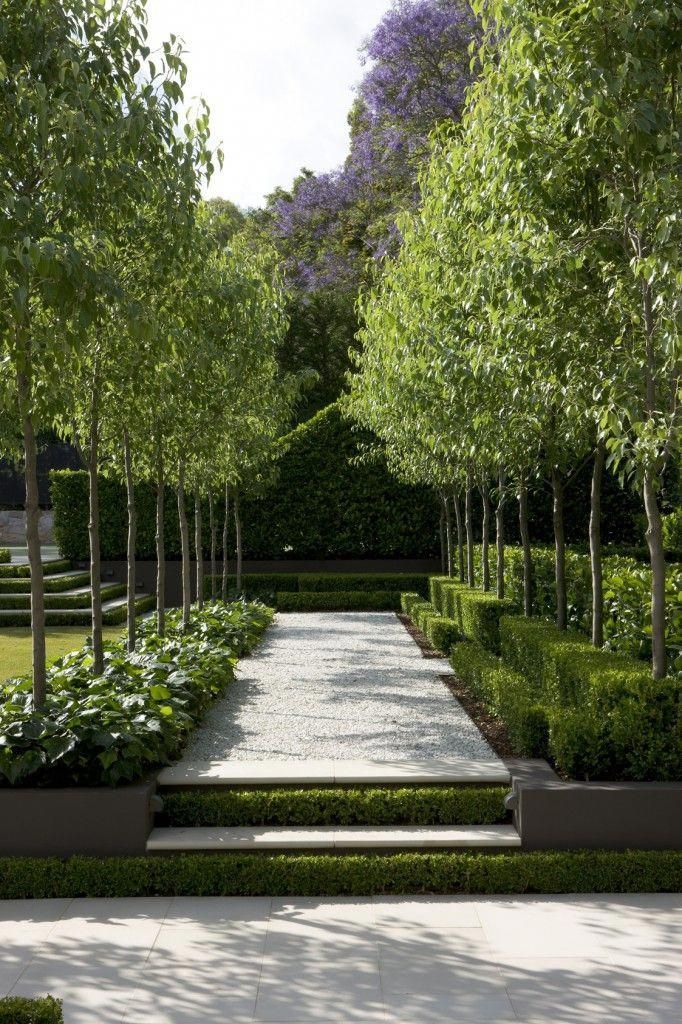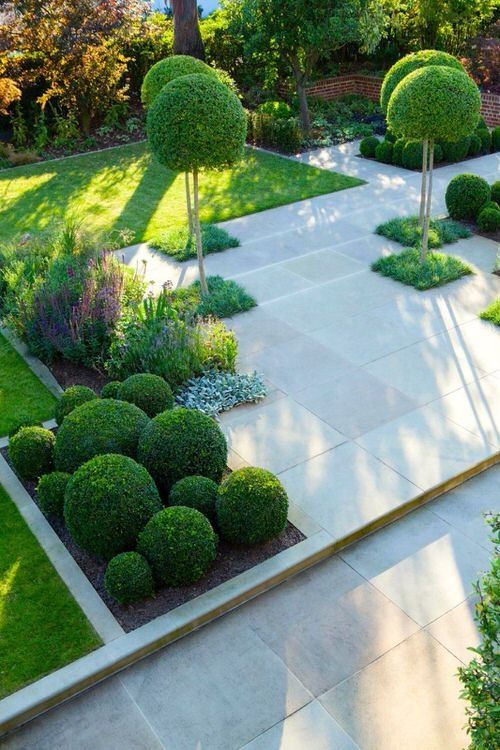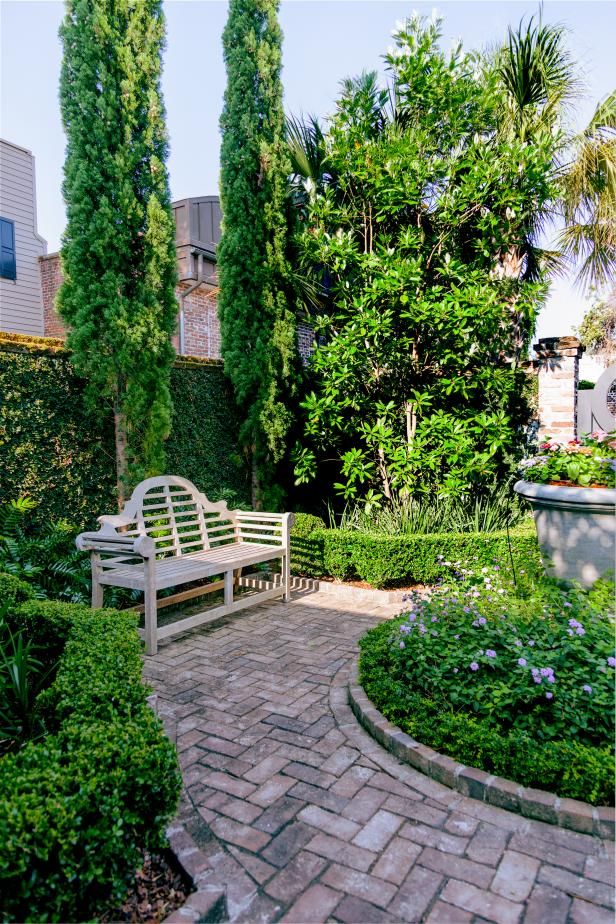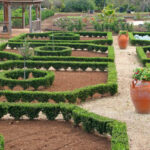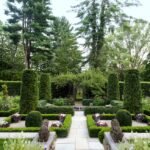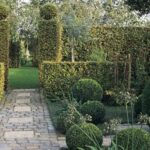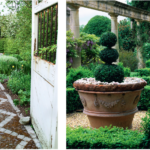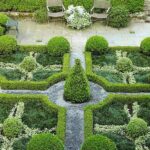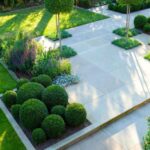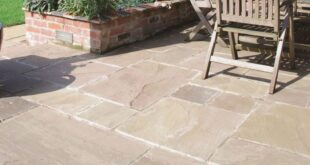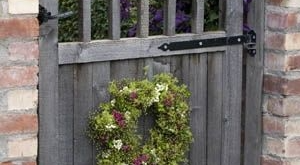Formal garden design is a classic and timeless approach to creating outdoor spaces that exude elegance and sophistication. This style of garden design is characterized by its symmetry, geometric shapes, and meticulously manicured plants and hedges. With origins dating back to the gardens of ancient Rome and Persia, formal garden design has stood the test of time and continues to be a popular choice for homeowners and landscape designers alike.
One of the key elements of formal garden design is the use of geometric shapes and symmetry. This creates a sense of order and balance in the garden, giving it a refined and polished look. Symmetrical layouts, such as mirrored flower beds or pathways, help to create a sense of harmony and coherence throughout the space. This precision and attention to detail are what set formal gardens apart from more informal and naturalistic styles.
Another important aspect of formal garden design is the use of structured planting schemes. Plants are carefully selected and arranged to create a sense of order and rhythm within the garden. Common plants used in formal gardens include boxwood, hedges, topiaries, and clipped shrubs. These plants are often pruned and shaped to maintain their formal appearance, adding to the sense of precision and control in the garden.
In addition to plants, formal gardens often incorporate architectural features such as fountains, statues, and ornamental hardscaping. These elements help to enhance the overall design of the garden and add a touch of grandeur and sophistication. Water features, in particular, are a common feature in formal gardens, adding a sense of tranquility and elegance to the space.
Maintenance plays a crucial role in formal garden design. With its manicured plants and precise layout, formal gardens require regular upkeep to maintain their pristine appearance. Regular pruning, shaping, and weeding are essential to keeping the garden looking its best. Professional gardeners and landscape designers are often hired to maintain formal gardens, ensuring that they remain in top condition year-round.
Overall, formal garden design offers a timeless and elegant approach to outdoor spaces. With its emphasis on symmetry, structure, and precision, formal gardens create a sense of order and sophistication that is hard to replicate with other styles. Whether large or small, a formal garden can add a touch of class and beauty to any property, making it a popular choice for those looking to create a refined and polished outdoor oasis.
 yishifashion Where Outdoor Dreams Become Reality
yishifashion Where Outdoor Dreams Become Reality
